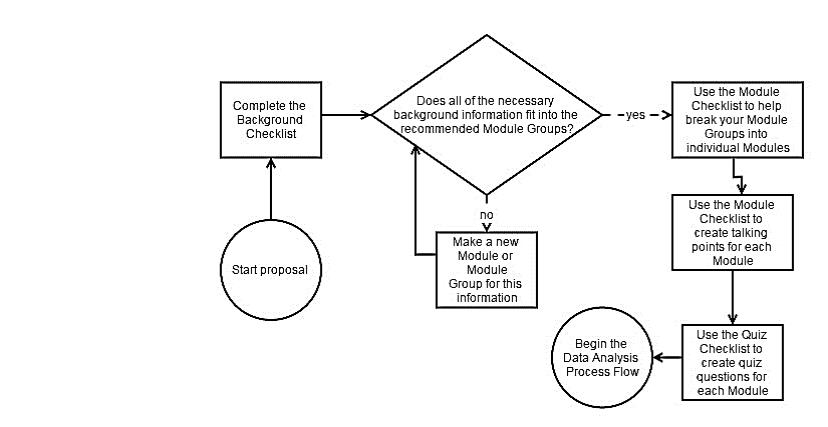On Friday, December 12, four University of Maryland students from the Quality Enhancement Systems and Teams (QUEST) program, a multidisciplinary, reality-centered program for undergraduates, presented a research transition process intended to help START develop Continuing Education Units (CEUs). Katelyn Walter, Matt Devlin, Katie An, and Sam Lewis spent four weeks creating the model, which was made specifically for the START consortium.
“Our team chose START because we wanted to work with an organization that is making a huge impact in the world,” said Devlin, a computer science major.
To prepare for the project, the team met with START Education and Training Assistant Maddy Bersch and Research and Training Specialist Egle Murauskaite. The two employees and the QUEST team worked together to discuss the areas of research transition which START is focusing on expanding, and decided that increasing accessibility to START data, methods and findings was a key component to increasing START’s utility as a resource for professionals, researchers and students.
“After looking through the START website, we knew what a wonderful wealth of information the organization had and wanted more people to know about it,” said electrical engineering major Katelyn Walter.
The QUEST team developed three flow charts, similar to the one below, to organize information in a way that will help researchers weave research transition into the project work plan from the outset. The “module checklist” suggests researchers ask themselves questions at the beginning, middle, and end of the research process like “What is the main learning objective of this module?”, “Who will be viewing this module”, and “How do you plan to effectively explain this in a 20 minute lecture?” The questions are meant to keep researchers on track to effectively transition accessible material to the proper audience.

START executive director William Braniff is enthusiastic about incorporating CEUs in START’s education and training menu.
“By packaging our research as CEUs,” says Braniff “we hope to be able to reach practitioners that that have annual professional development requirements in a format that is useful for them, as well as make research-based content available for traditional students much more quickly than the typical academic publishing cycle will allow.”
